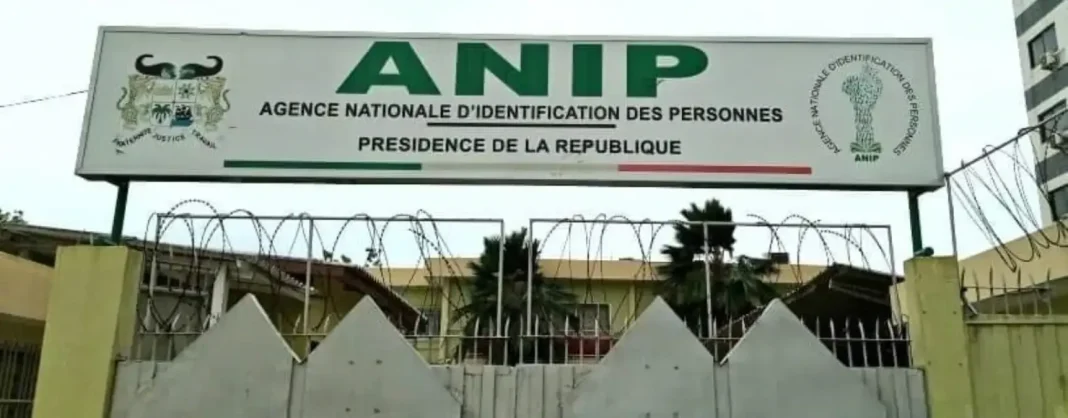Less than a year before the general elections of 2026, Benin is calling on international expertise to ensure the transparency and reliability of its electoral process.
Four specialists from the Democratic Republic of Congo (DRC), France, and Togo have been officially selected to audit the national electoral roll, a move hailed as a pledge of credibility and openness.
This initiative is part of the call for expressions of interest n°0018/COPIL/PDT/SPM, launched on June 2, 2025, by the Electoral Roll Audit Steering Committee (COPIL). The aim: recruit top-level experts in four strategic areas: electoral law, demographics-statistics, biometrics, and information systems to thoroughly examine the compliance of the Beninese electoral roll.
A rigorous selection process
Between June 18 and 25, the evaluation committee, chaired by Raoul Hyppolite d’Almeida and comprised of Kassimou Chabi, Mounirou Bachabi, and Moudassirou Bachabi, analyzed 32 applications (31 individual candidates and one study office, BECI). At the end of the deliberations, four experts were selected. These are Ronsard Malonda Ngimbi (DRC), a renowned electoral lawyer, former chairman of the National Independent Electoral Commission (CENI) of his country; Karine Sahli Majira (France), a demographics-statistics specialist, expert in electoral databases and demographic projections; Fabien Marie (France), a biometrics expert who has worked on electoral systems in West Africa; Pama Alfa (Togo), an information systems engineer with extensive experience in electoral technologies.
The selected experts are charged with evaluating the integrity, reliability, and completeness of the electoral roll designed by the national agency for personal identification (ANIP). They will need to verify the authenticity of the data, the compliance of the registration procedures, and identify any possible anomalies or duplicates.
Their mission is particularly strategic since the electoral roll will serve as a basis for the general elections scheduled for 2026, covering both legislative and presidential elections. For the Beninese authorities, this approach aims to strengthen the citizens’ and political actors’ trust in the results from the ballot boxes.
Benin’s decision to open up to independent international skills demonstrates a commitment to electoral transparency and good governance. It aligns with recommendations made by several technical and financial partners, who regularly call for rigorous and inclusive management of electoral processes on the continent.
It should also be noted that the process of auditing the electoral roll for the 2026 general elections is a requirement from the Beninese opposition, particularly from the Les Démocrates party.
The audit results are expected in the coming weeks and should be made public to inform opinions on the state of the national electoral roll.






